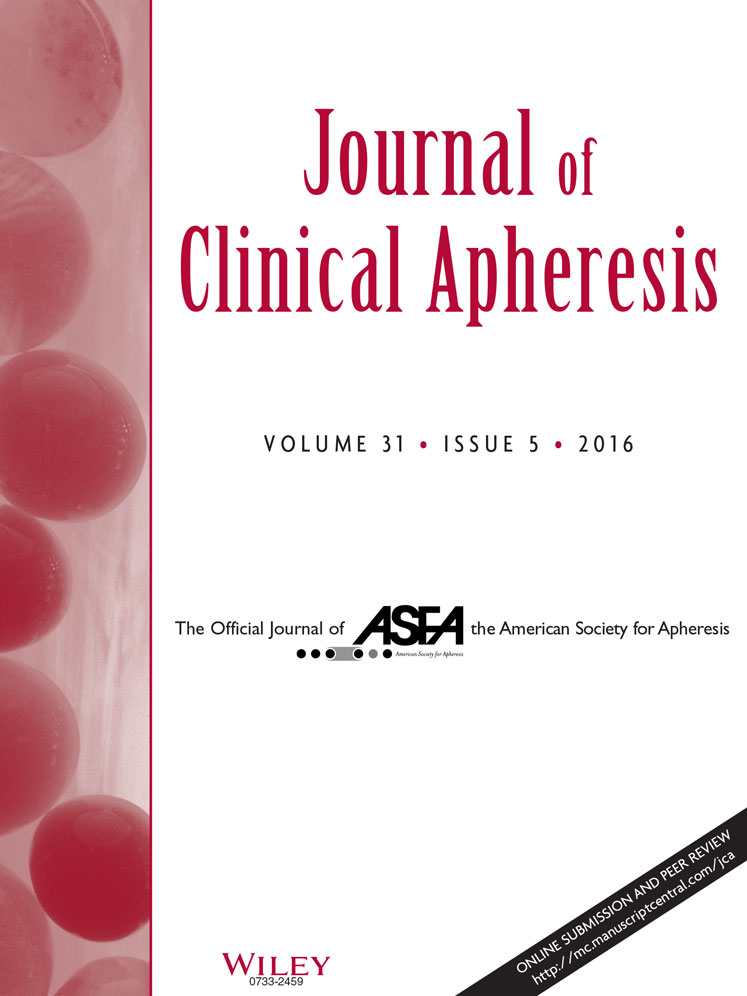Vestibular and ocular motor function prior to and after therapeutic apheresis with small plasmafilter in multiple sclerosis
Disclosure: The authors declare that there is no conflict of interest.
Abstract
Some patients with multiple sclerosis (MS) are resistant to steroid therapy. In them an alternative therapy could be therapeutic apheresis (TA). A woman with relapsing-remitting cerebral MS with dizziness and imbalance, resistant to steroid therapy was treated with low volume plasmapheresis with saline substitution. The first four sessions were performed every other day, 5-th after 30 days, 6-th 3 months later, and 7-th 6 months later. During each session 1000-1500 ml plasma was substituted with saline solution only. Symptoms were reduced. Objective vestibular and ocular-motor tests prior to and after the TA demonstrated improved function. In conclusion, low volume plasmapheresis with saline substitution might be effective therapeutic option for steroid resistant MS. Objective methods of measuring vestibular and ocular-motor functions are useful in assessing MS treatment. J. Clin. Apheresis 31:470–472, 2016. © 2015 Wiley Periodicals, Inc.




